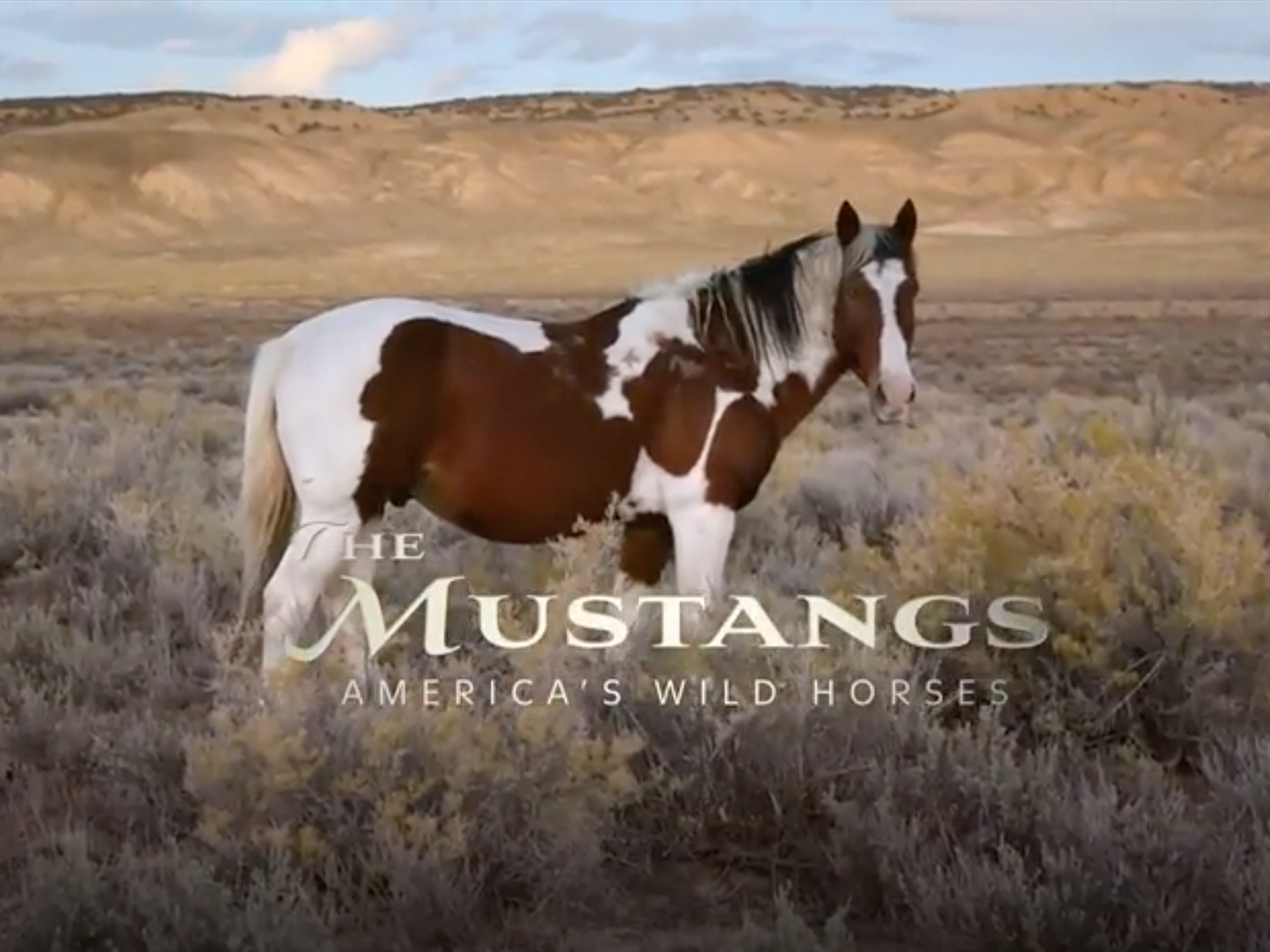
- Film
Docs: The Mustangs: America’s Wild Horses
The new documentary The Mustangs: America’s Wild Horses opens with a quote from Luther Standing Bear, a Native American author, educator and actor of the late 19th and early 20th centuries. Man’s heart away from nature, he opines, becomes hard, and a lack of respect for growing, living things soon leads to a lack of respect for humans too.
It’s a weighty, artfully expressed sentiment, but one that also only touches the surface of the complex nature of the problem on display in this stirring, surprisingly broad-based and intersectional nonfiction work, which examines the multifaceted issue of more than 80,000 horses living free on public lands in the United States of America. The word “issue” is appropriate because that number and how those animals are treated, as the film and its subjects all readily acknowledge, is something that virtually no one invested in the matter is happy about.
Most nature documentaries take on a dirgeful and/or urgent tone, mourning environmental destruction or loss of species by human hands. The Mustangs, by contrast, is shot through with no small amount of wide-eyed wonderment, because in this situation there is, arguably, a relative abundance of the creature in question. Without proper management, however, wild horses — lacking any natural predator, and able to survive in unforgiving, scrubby ecosystems where other large grazing animals cannot — could double in population every four to five years. What, then, is the best course of action?
Co-directed by Steven Latham and Conrad Stanley, The Mustangs is certainly a pedigreed affair. It opens and closes, with voiceover narration from Robert Redford, who is an executive producer on the film, alongside Patti Scialfa and Jessica Springsteen, singer Bruce Springsteen’s wife and Olympic medal-winning equestrian daughter, respectively. Singer Diane Warren also takes a co-producer credit, and contributes an original song, “Never Gonna Tame You,” that receives showcase placement alongside tunes from Springsteen, Willie Nelson, and Emmylou Harris.
While the bald eagle, the national bird of the United States since 1782, maybe the animal most internationally associated with the country, the mustang is one of the most iconic and enduring symbols of strong-spirited American character and freedom. It was an animal absorbed into the fabric of the nation’s storytelling, celebrated in paperback novels and radio plays, and immortalized in Western films. Even today, it’s an animal whose resilience and survival in an ever-changing world serve as a stand-in for the rugged individuality with which so many Americans, particularly in rural areas, like to robustly identify.
Pulitzer Prize-winning New York Times reporter David Philipps, who penned the book Wild Horse Country, serves as a de facto guide for Latham and Stanley. After some time establishing their history, and how horses were a tradable commodity in settlement times and essentially free energy and labor in the 1800s — used to transport goods and people, as well as power plows and trolleys — The Mustangs eventually pivots to contemporary passages addressing the population question. One method of control involves different government-sanctioned programs which essentially round up, break, and re-home a small number, around several hundred per year. There’s also a group of women volunteers who serve as “darters,” shooting horses from around a dozen yards with birth control — an approach whose underwritten $30-per-dose price tag has obvious advantages when compared to the $50,000 lifelong cost to capture and then house a wild horse.
By far the most affecting segment, though, focuses on a nonprofit organization, Operation Wild Horse, which pairs mustangs with military veterans suffering from PTSD. The special connection between equines and trauma sufferers has been widely documented, including in Redford’s own 1998 films The Horse Whisperer and The Mustang (which he executive produced in 2015) and, on the nonfiction side, in Cindy Meehl’s excellent Buck. Even knowing this, nothing prepares one for the gut-punch emotionality of a battle-scarred ex-soldier sharing his perspective on meeting a wild horse and talking about immediately getting a sense of the shared anxiety and scanning of areas for threats, before eventually finding peace with this 500-kilogram creature.
All this material is intercut with the somewhat yo-yo population story of wild horses in the United States. The movie details how millions were eradicated over several decades in the mid-20th century, as the animal became the go-to base ingredient for Ken-L-Ration dog food, and later fertilizer. With the remaining number dwindling, and down to perhaps 10,000, an unlikely activist named Velma Johnston marshaled a legion of children to help push for a federal protection act signed into law in 1971 by President Richard Nixon.
A couple of brief bits of The Mustangs are somewhat less interesting, as the actual contest and auction from the Extreme Mustang Makeover, where feral horses are showcased after a 100-day training period. And one wishes at times that the film had the extra ruminative nature to examine some of the language surrounding this issue (“gather” is scrupulously used rather than “capture”) and in turn its relationship with pursued policies. Still, The Mustangs is a thoughtful and thought-provoking film that grapples in a sincere way with a problem for which benevolent inaction is not a solution. And in centering these majestic creatures, it proves that not everything worth saving belongs in a museum or a zoo. How humankind helps manage that freedom for animals over which we have dominion says a lot about us.